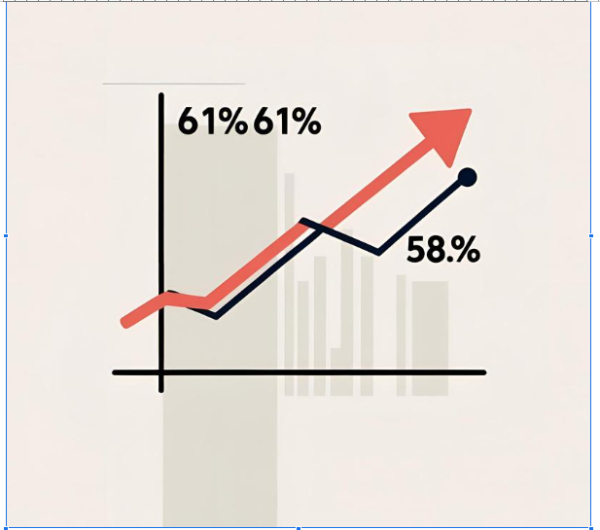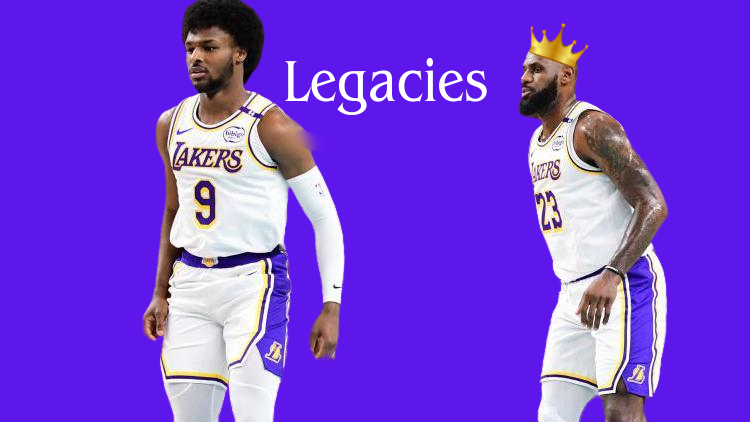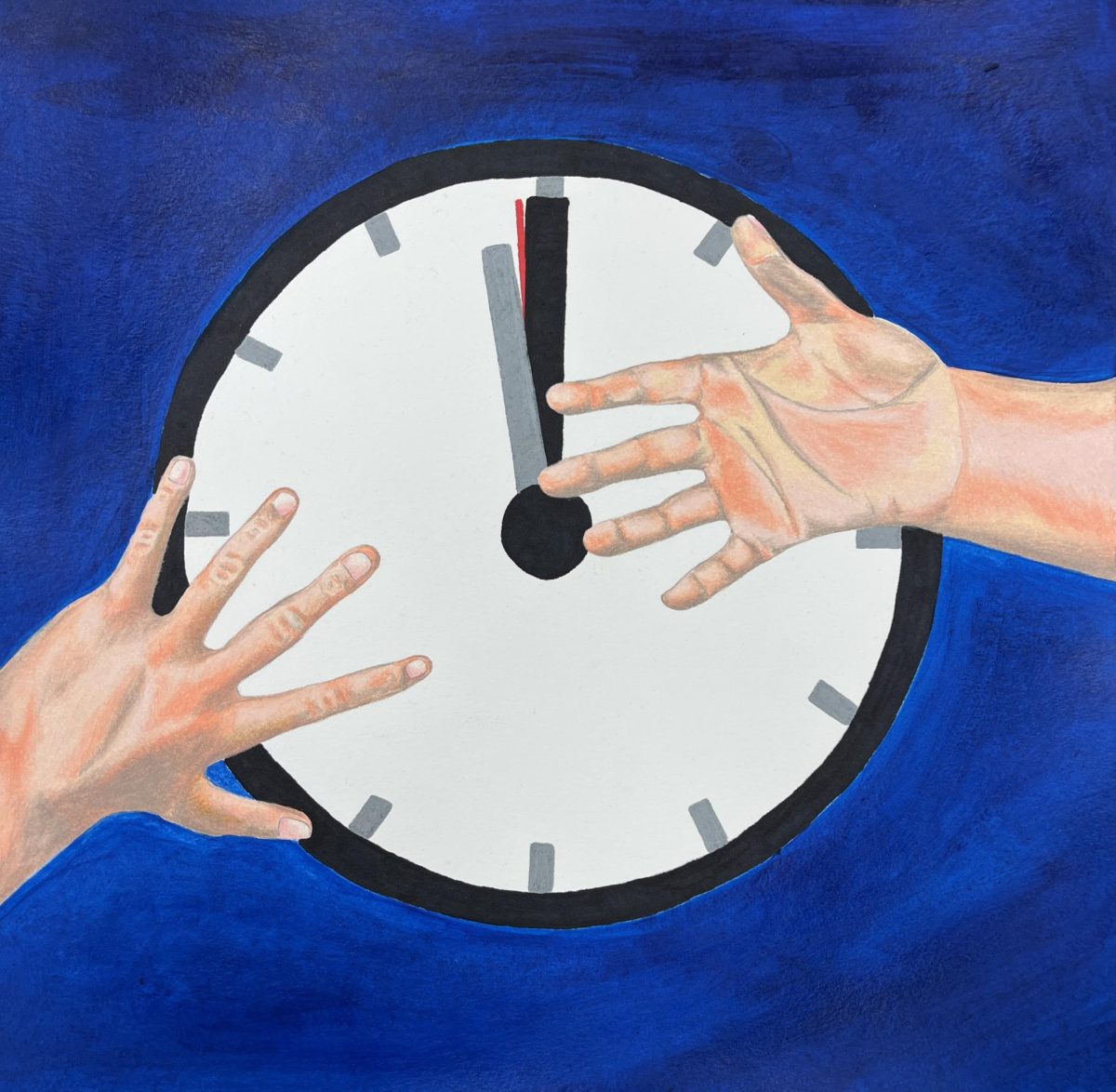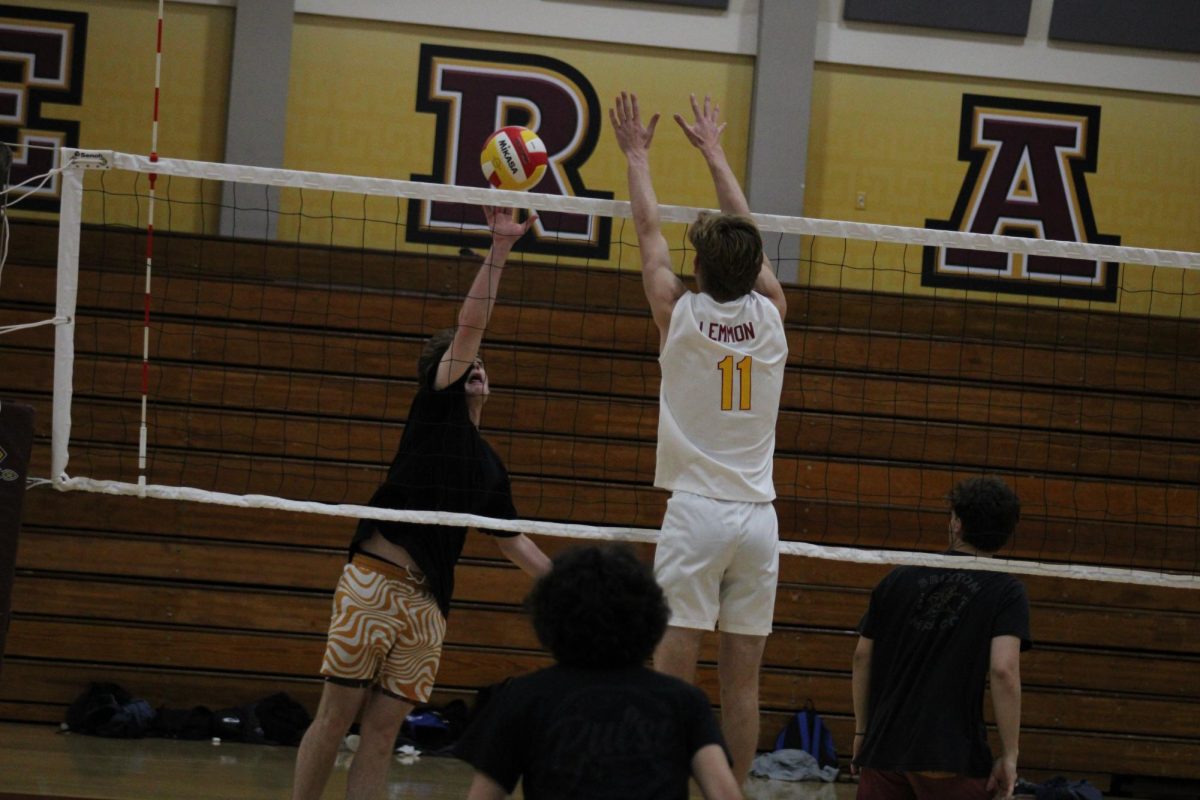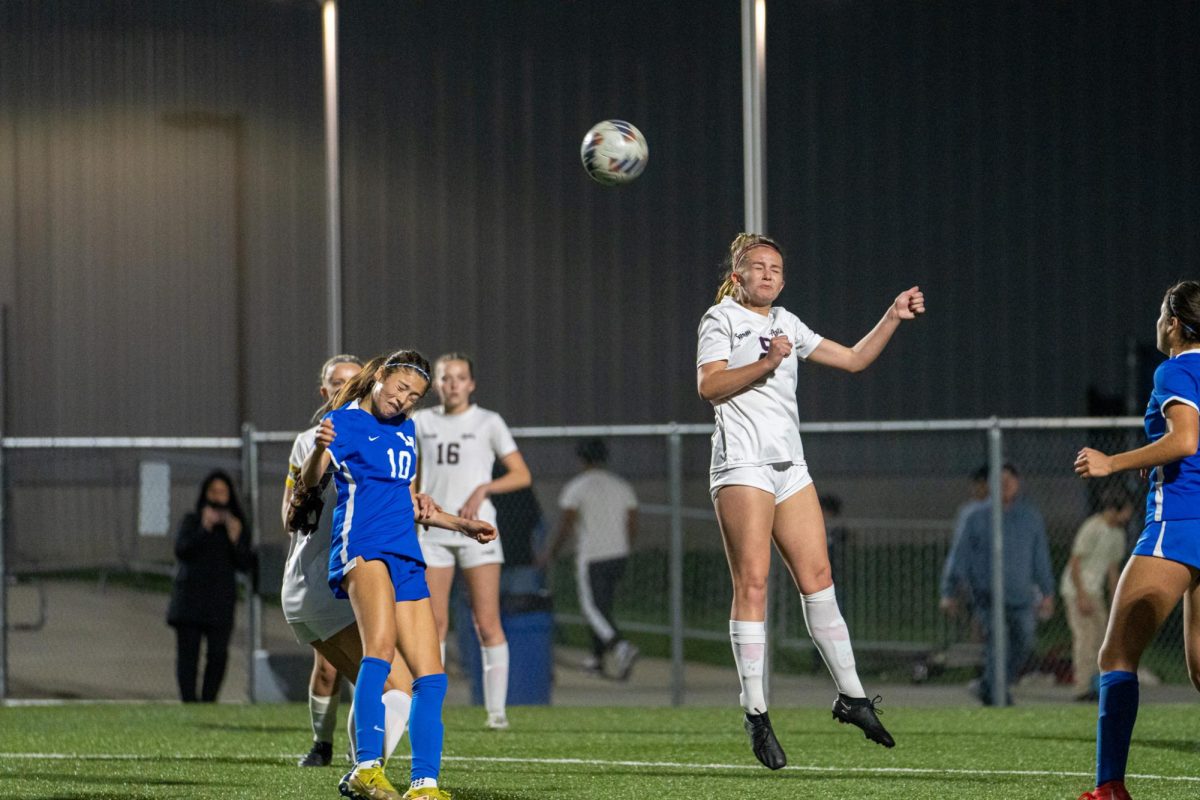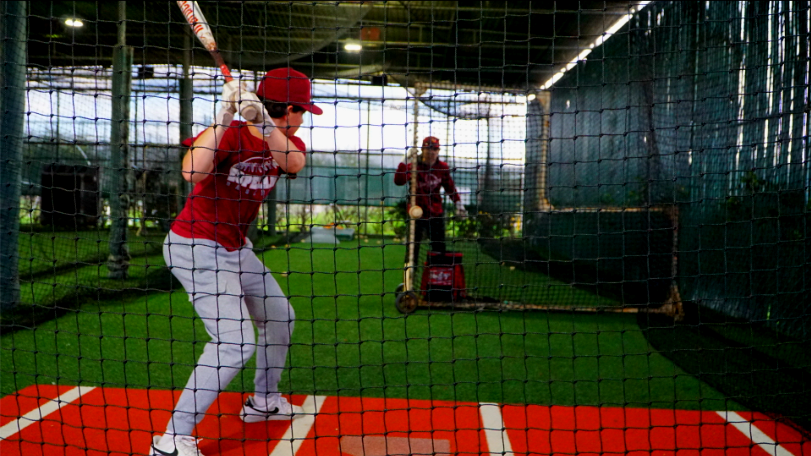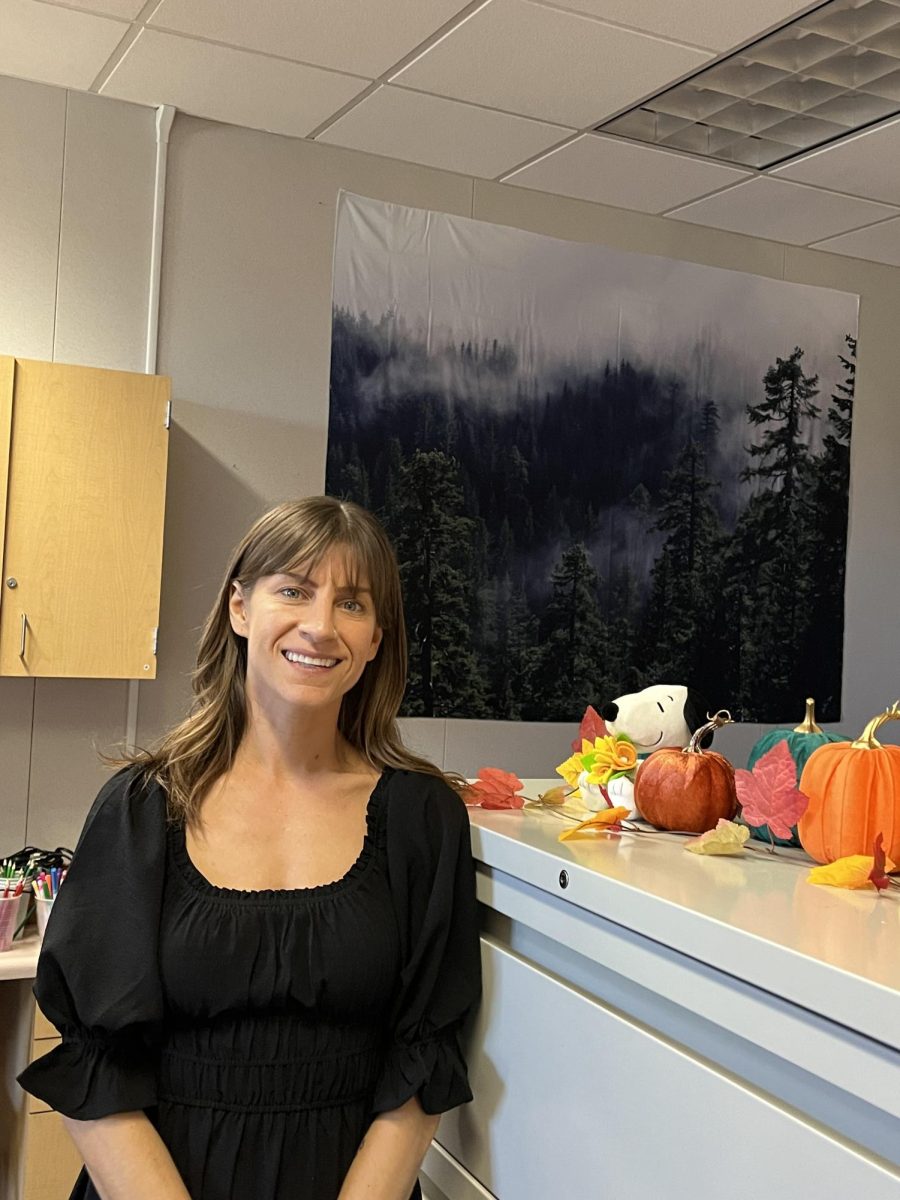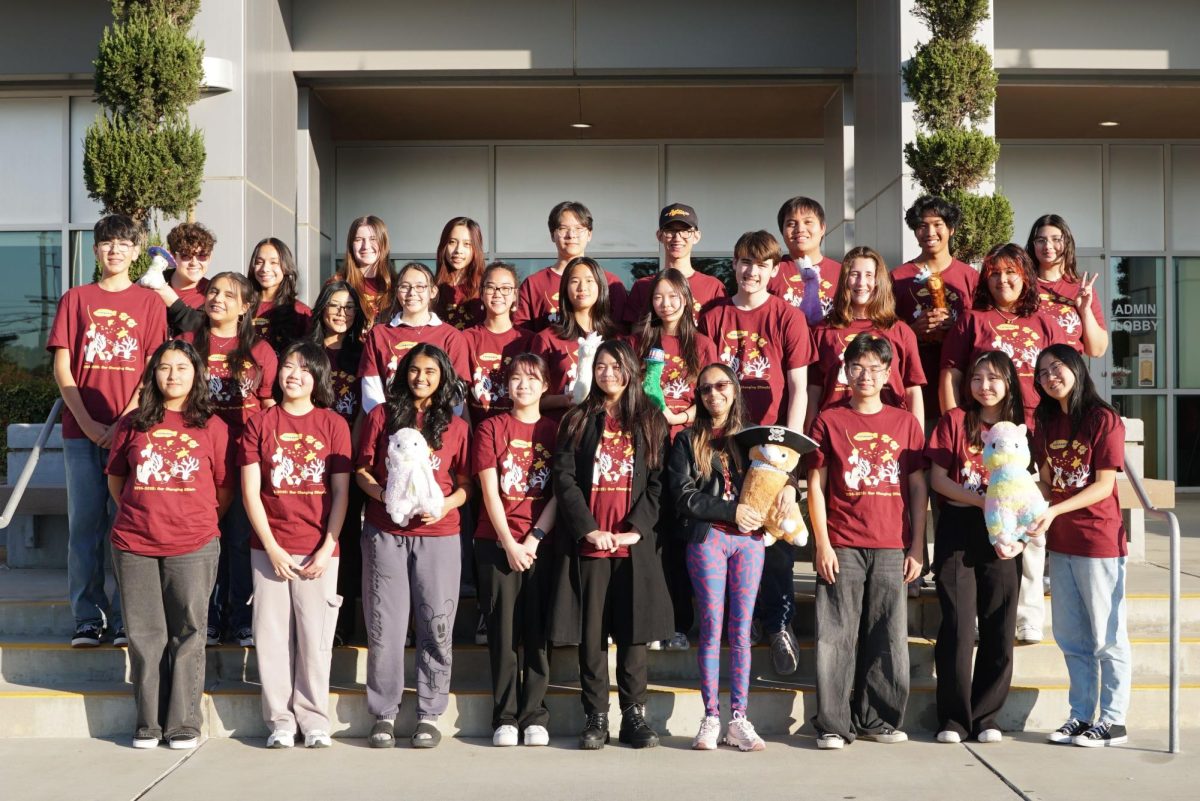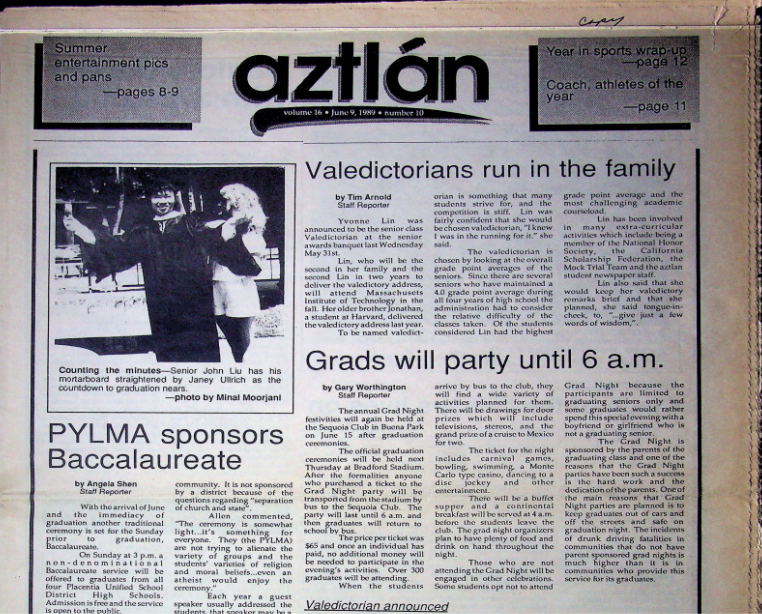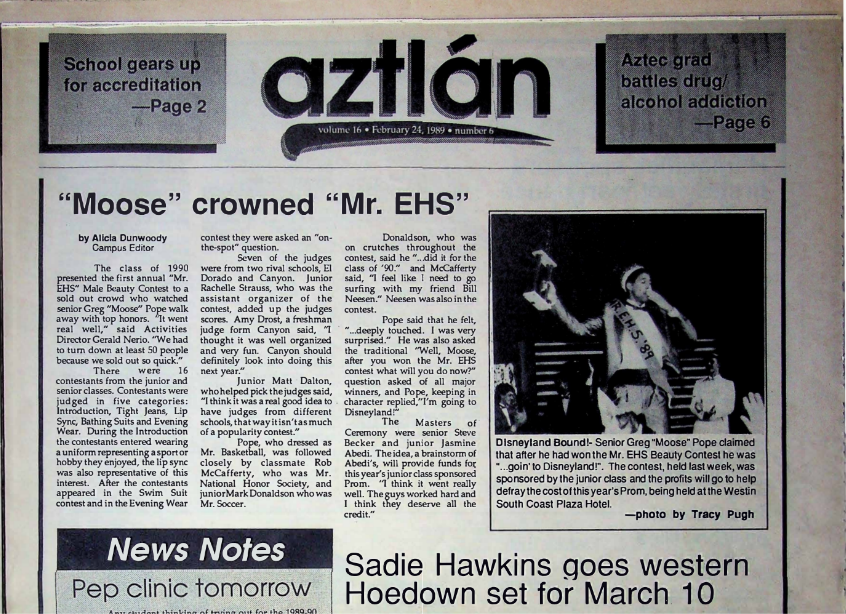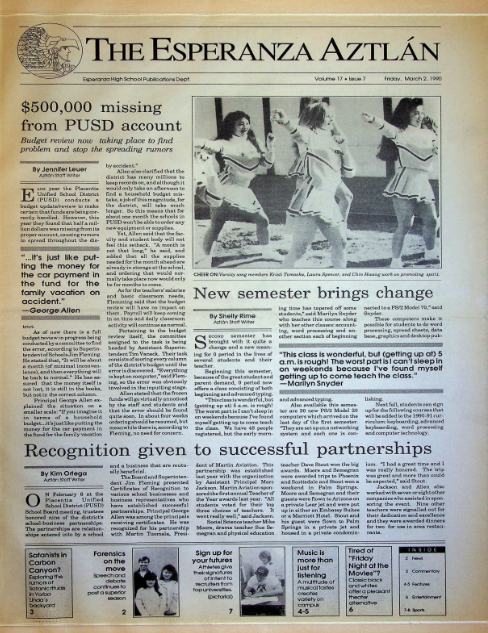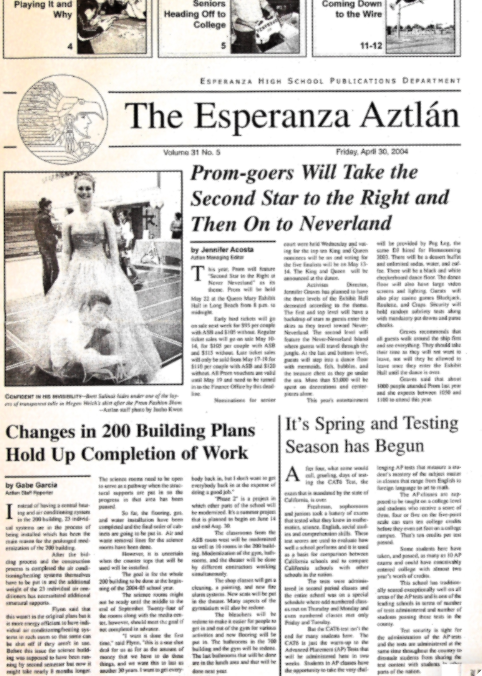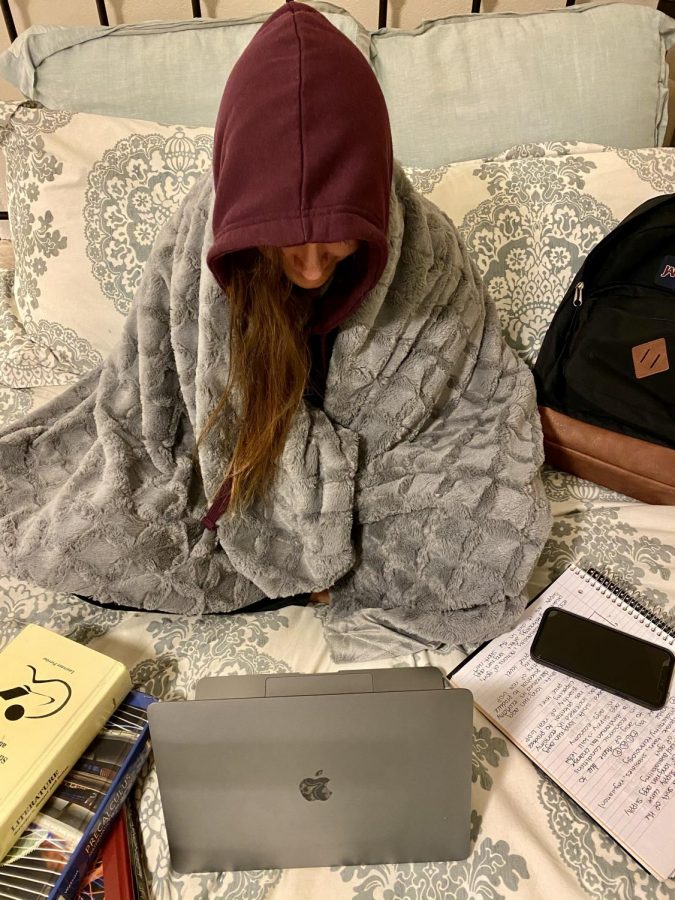Students On Pros and Cons of Distanced Learning
Mental Health Edition
While distance learning, student does not participate in class or properly get ready for their day of school. This leads to a decline in one’s mental health.
To keep families safe during the Coronavirus pandemic, distanced learning has become the best way to continue school, but it holds its challenges for everyone involved. Starting in March of last school year, transitioning to an online classroom has been difficult for students, teachers and parents, as everyone was expected to adapt to the “new normal” quickly.
But for students, the lack of in-person classroom connections and relationships create, debatably, the greatest downfall of online learning. Many students only focus on the negatives, such as freaking out over how many tests we have the next day, or the unrealistic expectation to succeed while staring at the computer screen for an unhealthy, borderline insane amount of hours every day.
So yes, this “new normal” of distance learning isn’t ideal for our mental health, but when looking closer, there are a few positives, and some students have a say on the pros and cons regarding mental health during distanced learning.
Junior Autumn Blais declares that online learning has impacted the mental health of students and “despite being in the comfort of your home and not having to go through the steps of getting ready for a normal school day, students are forced into isolation where they are left simply with themselves and their thoughts, which can be overwhelming.”
While no longer having the task to get ready for school and school-related activities, Blais has more time to dedicate towards her schoolwork. “My mental health has been positively impacted by putting more focus on the work I am doing rather than the outfit I am wearing or lunch I’m bringing,” said Blais. Online learning has allowed Blais to “face the very real struggles of balancing responsibilities, learning to prioritize in a new setting and work to improve those skills.”
Described as a “domino effect” of stress, distance learning has made it difficult for Blais to stay focused, leading to “more stress, worse time management skills, increased procrastination and decreased drive for success. It is difficult to stay motivated when your education is operating sprightly through a screen.”
Senior Khushi Lakhani believes that students generally “have more free time to get homework done and relax as well since with technology, there’s sometimes a quickness to the assignments.” This can positively affect a student’s mental health. On the other hand, many might feel as though school might feel worthwhile. “I’ve heard many people say that it doesn’t even feel like school is mandatory, even though it is, so it creates that lack of determination,” said Lakhani.
Senior Khushi Lakhani said that “those who struggle with online school and aren’t getting any outside communication may really be struggling with their mental health right now.” She believes that face-to-face communication can become the best part of someone’s day, and the current lack of that can impact one’s mental health.
Lakhani misses true face-to-face interaction, as she has been out only once with friends in the past seven months while distancing and wearing masks. “I think that just being with my family can be great, but I miss everyone. It makes me really sad sometimes, but I understand why it is the way it is,” said Lakhani.
Lakhani has more free-time before school, which gives her a positive mental break, compared to having a zero to sixth-period schedule since freshman year. “It felt like I could literally collapse from the weight of my backpack sometimes. I was seriously sleep-deprived,” said Lakhani. With the online learning schedule, Lakhani has been running before school, causing her to feel accomplished and “so much more energized”, making her “more proficient and proactive.” “I think that’s what made my mental health better. I’m in a state of peace for the first time in the past four years,” said Lakhani.
“It was such a big transition that none of us could have prepared for,” said Lakhani. Her mental health has improved significantly, and has made a steady process since March, as “it has only gone up from there.” She has learned how to “delegate time much better” and now allows herself to “just take a step back and breathe.”
During distanced learning, sophomore Paige Ryan has been able to focus on herself because of her newfound free time. “Pre-Covid, I was really busy and didn’t have a lot of time during the day to myself. This has definitely changed in online learning and allowed for more self-exploration and a further understanding of my emotions and triggers,” said Ryan.
Creating healthy habits such as washing her face and getting more sleep has directly influenced an improvement in her mental health. “ I hold myself accountable for more things than I used to. Sleep is directly related to mental health and can totally determine whether you have a good day and good attitude or not,” said Ryan.
Yet, because of an abundance of free time and self-thought, Ryan’s happiness “has become way more dependent on other people than it used to,” as she looks at others to be her outlet for “validation and substance.” “Just not getting a text back or an ignored facetime call can ruin my night,” said Ryan.
Freshman Maria Dimian agrees that online learning has impacted students’ mental health, “causing us to be deprived of in-person interactions.” Yet, Dimian recognizes a positive in the lack of in-person interactions for students who experience social anxiety. Online learning creates less social anxiety “because you are not physically in person, so things like presentations are much easier to accomplish.”
For Dimian, learning online has caused her “to look at more things negatively,” but “remote learning has also created less stress.” Dimian, now is preparing herself “for when school will become more stressful” when transitioning to hybrid.
Although school is less stressful while distanced learning for Dimian, she would prefer to be in-person, causing her to be completing her current online assignments online with a negative attitude. “Distanced learning has caused me to look at the negatives of everything going on around me. I would be going to do my assignments with a negative attitude,” said Dimian.
Blais reminds students that “your mental health is just as important as your physical health.” She is returning to school for hybrid learning and thinks that the impacts of hybrid learning are to be determined. “In some ways, I feel that students, including myself, will be motivated to work harder because they are surrounded by people, and not just looking at black boxes in Zooms,” said Blais. However, she identified that students “will have restrictions and guidelines to follow that very well could take a large part of the joy factor out of learning.”
Although hybrid, in-person learning is closer to “normal” in-person learning, Blais said that she is anticipating a drop in test averages because of students with pre-existing breathing issues while wearing masks. She is concerned for students with asthma or high anxiety focusing on a test while wearing a mask. “It can feel as though masks restrict your breathing, and if a student is so focused on trying to control their breathing, they will have a harder time concentrating on their assessments,” said Blais.
Lakhani also doesn’t know what the switch to hybrid learning could mean for students’ mental health. “In theory, I think a lot of kids will like that they’re able to see people and just be back in that school environment,” said Lakhani, who will be returning to school for hybrid learning.
Yet, Lakhani said that the new learning schedule could be stressful. However, students will be able to ask for clarification in-person, and Lakhani can’t stress enough “how helpful to some students the face-to-face communication will be.” Lakhani hopes for everyone to “just hang in there. For some of us, it’s our senior year. Make the best of it.”
Ryan will not be returning to school for hybrid learning and will be staying at home full-time. But she is considering returning to school in February, at the beginning of the second semester, if cases and statistics concerning COVID-19 fall back. In order for it to happen, she wishes everyone to stay safe and do their part, and that “your health and safety, and the health and safety of others, is more important than a fun party or a concert.”
Dimian is also returning to school for hybrid learning and recognizes the downfall that “students will start to care more about their appearance” and how that could have a negative effect on a student’s mental health. She believes that “social interaction is a big thing in students’ lives, and, without it, it has definitely impacted our mental health.” Throughout the process of distance learning, Dimian has learned the importance of looking at the positive of every situation and how it impacts a person’s mental health. She encourages everyone to do the same.






